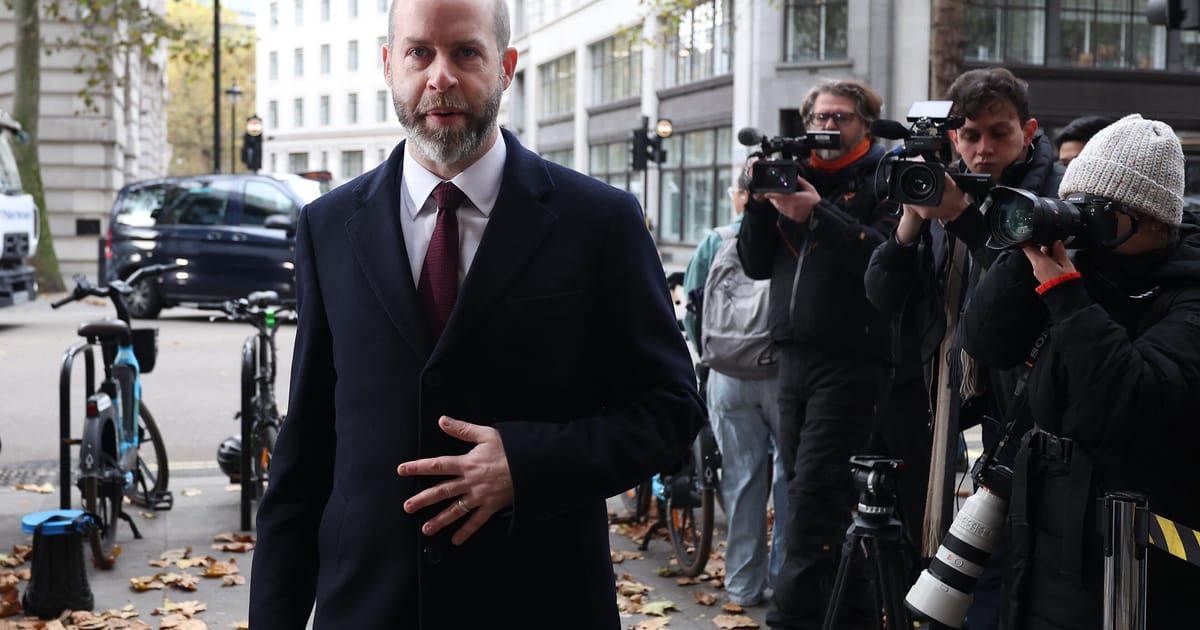

As global economic dynamics continue to unfold, several significant developments are shaping the landscape. Noteworthy among them are the upcoming diplomatic efforts by Britain’s trade sector, strategic fiscal proposals within the European Union, and shifts in retail trends in the United Kingdom.
In a bid to foster smoother economic relationships, Britain’s trade chief, Jonathan Reynolds, is preparing to head to Washington, D.C., at the end of the month. This visit aims to address and negotiate matters related to tariffs that originated during the Trump administration. These tariffs have had lingering effects on international trade, creating both hurdles and opportunities for dialogue between the United Kingdom and the United States. With an eye towards reducing trade barriers and fostering cooperative economic engagements, Reynolds’ trip underscores Britain’s commitment to maintaining a fluid and reciprocal trade environment with one of its most significant partners. This visit represents a thoughtful approach to diplomacy, aiming to intertwine economic interests with the broader goals of mutual benefit.
Across the Atlantic, the European Union is also setting a course for its fiscal future. European Commission President Ursula von der Leyen has articulated a far-reaching budget proposal for the years 2028 to 2034, totaling €2 trillion. A key component of this proposal is the introduction of new taxes aimed at large corporations, alongside levies on tobacco and electronic waste. These measures are designed not only to generate revenue but also to align fiscal policies with environmental and health priorities. The proposed budget is a step towards defining the economic and social direction of the EU, as it navigates the complexities of a rapidly changing world. By potentially reshaping corporate taxation, the EU seeks to bolster sustainable economic growth, ensuring that its policies reflect broader goals of equitable and environmentally-conscious development.
This pivotal moment for the EU comes at a time when economic strategies are being re-evaluated on a global scale. The introduction of new taxes has sparked a multifaceted political debate within the bloc, inviting reflection on how resources are to be allocated and what priorities should guide the EU’s collective future. The discourse surrounding these fiscal changes presents an opportunity for dialogue among member states, where diverse perspectives can converge towards shared solutions that benefit all economic stakeholders.
Meanwhile, in the United Kingdom, shifting consumer trends and market dynamics are evidenced by the recent performance of Frasers Group, majority-owned by entrepreneur Mike Ashley. The group has experienced a 7.4% decline in sales, contracting to £4.7 billion, accompanied by a 24% drop in pre-tax profits, which now stand at £379.5 million. This performance highlights a “challenging” luxury market and a decision to scale back on gaming as a strategic focus. As part of its recalibration, the company has closed several House of Fraser department stores and Game video game outlets. This decision points to a broader trend within the retail sector, where consumer preferences and technological advancements are driving companies to reassess their market positions and operational strategies.
The Frasers Group’s adjustment to these evolving market conditions reflects the broader shifts in retail, where digital transformation and changing consumer behavior necessitate agile responses. While these transitions pose challenges, they also open avenues for innovation and adaptation. Companies that embrace these changes with foresight and flexibility may find new opportunities for growth within this complex economic environment.
In sum, the global economic scene is characterized by strategic dialogues, fiscal ambitions, and market adaptations. Whether through international negotiations, innovative fiscal policies, or retail transformations, these developments demonstrate an ongoing commitment to navigating change with calm and mindfulness. Each initiative, from diplomatic visits to budgetary proposals, serves as a reminder of the interconnectedness of our global economy, highlighting paths towards prosperity that prioritize sustainability, cooperation, and strategic foresight.
Source: {link}
